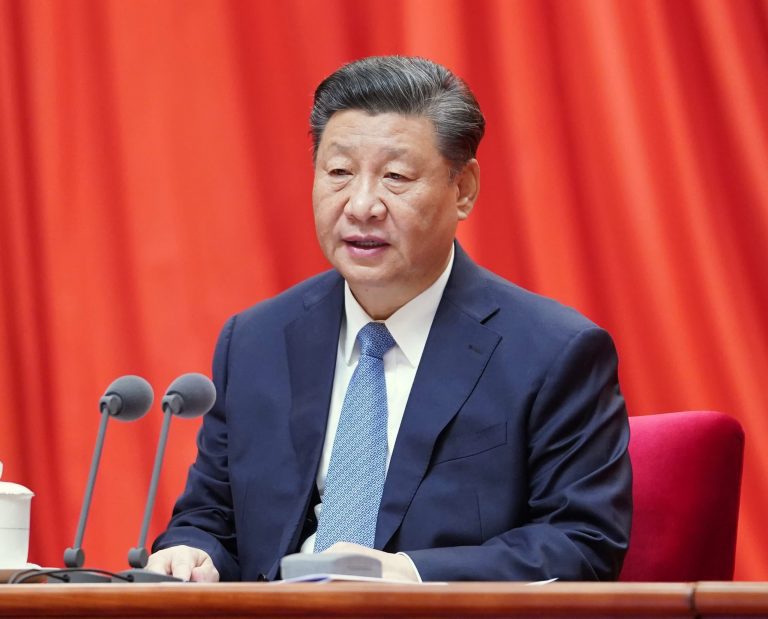
On Friday, China enacted a broad privacy law aimed at barring firms from gathering sensitive personal data, as the country grapples with an increase in internet frauds and Beijing pursues tech giants hoarding personal information.
State and private businesses managing personal information will be compelled to restrict data gathering and get user agreement under new rules imposed by China’s highest legislative body.
However, the Chinese state security apparatus will continue to have access to large amounts of personal data. Beijing has long been accused of using technology to speed up repression in the northwestern province of Xinjiang and elsewhere.
The new restrictions are also anticipated to shake China’s internet sector, which has seen businesses like Didi, a ride-hailing giant, and Tencent, a gaming juggernaut, in the eyes of regulators in recent months for misusing personal data.
Following the announcement on Friday morning, Chinese IT companies such as Alibaba and Tencent fell.
A representative for the National People’s Congress told official news agency Xinhua earlier this week that the law intended to protect those who “feel strongly about personal data being exploited for user profiling and by recommendation algorithms, or the use of big data in setting [unfair] prices.”
It will restrict businesses from charging varying pricing for the same service based on a customer’s previous purchases.
According to China’s consumer protection agency, tens of thousands of people have complained about having to pay more for hailing a cab using an iPhone than a cheaper mobile phone model, or for tickets if they are classified as a business traveller.
The regulation is based on the General Data Protection Regulation of the European Union, which is one of the most stringent online privacy rules in the world.
Kendra Schaefer, a partner with Beijing-based consulting firm Trivium China, said, “China’s new privacy regime is one of the harshest in the world.” “With this law, China is not really looking at the immediate term.”
Instead, it aims to “lay the groundwork for the digital economy over the next 40 or 50 years,” according to her.
The law, which takes effect on November 1, also states that personal data of Chinese citizens cannot be transferred to nations with worse data security standards than China – requirements that foreign enterprises may find difficult to comply with.
Companies who do not comply could face fines of up to 50 million yuan ($7.6 million), or 5% of their yearly revenue.
According to the law, sensitive personal data includes information such as color, ethnicity, religion, biometric data, and a person’s location that, if released, might lead to “discrimination… or gravely jeopardize the safety of individuals.”
Read Also: World Health Organization has officially declared China malaria-free.
However, surveillance cameras abound in Chinese cities, some of which are equipped with facial recognition technology and collect biometric data on a daily basis.
Residents in the restive region of Xinjiang, which is home to the majority of China’s Uighur ethnic minority, are reportedly forced to put software on their phones that allows police to see their location, images, and text messages, according to rights groups.